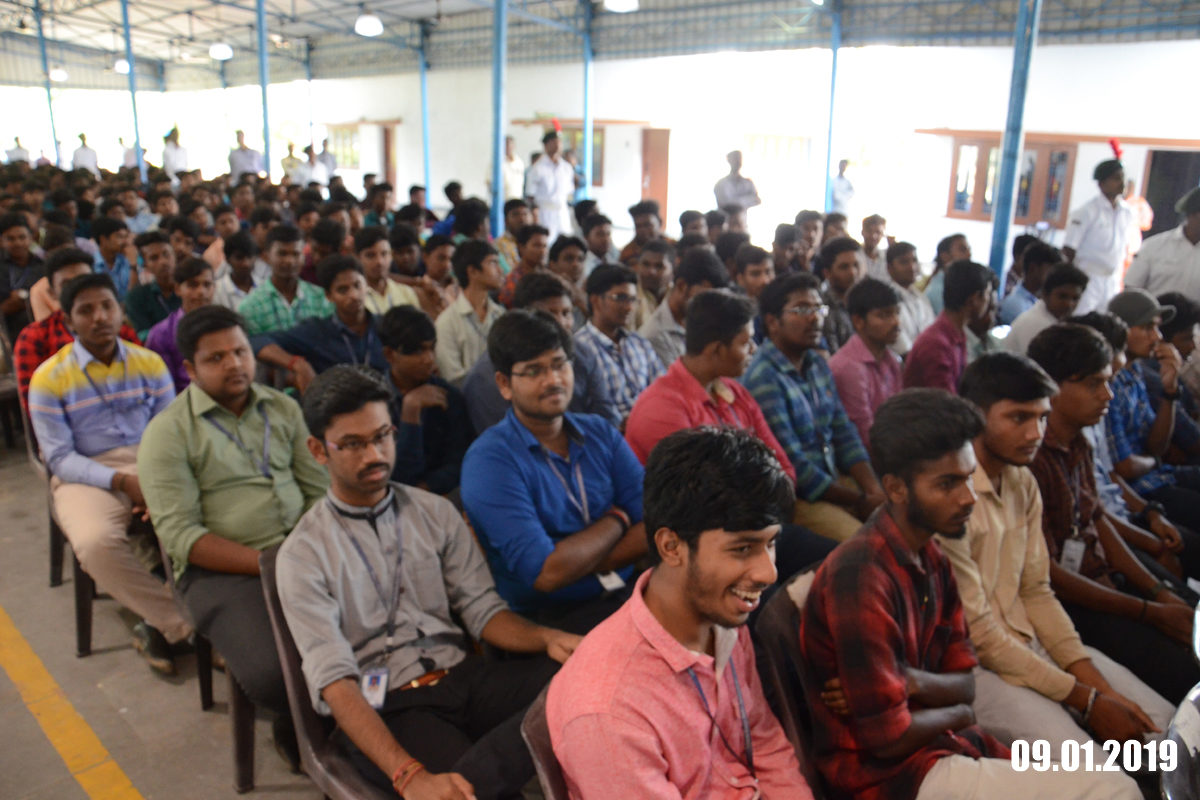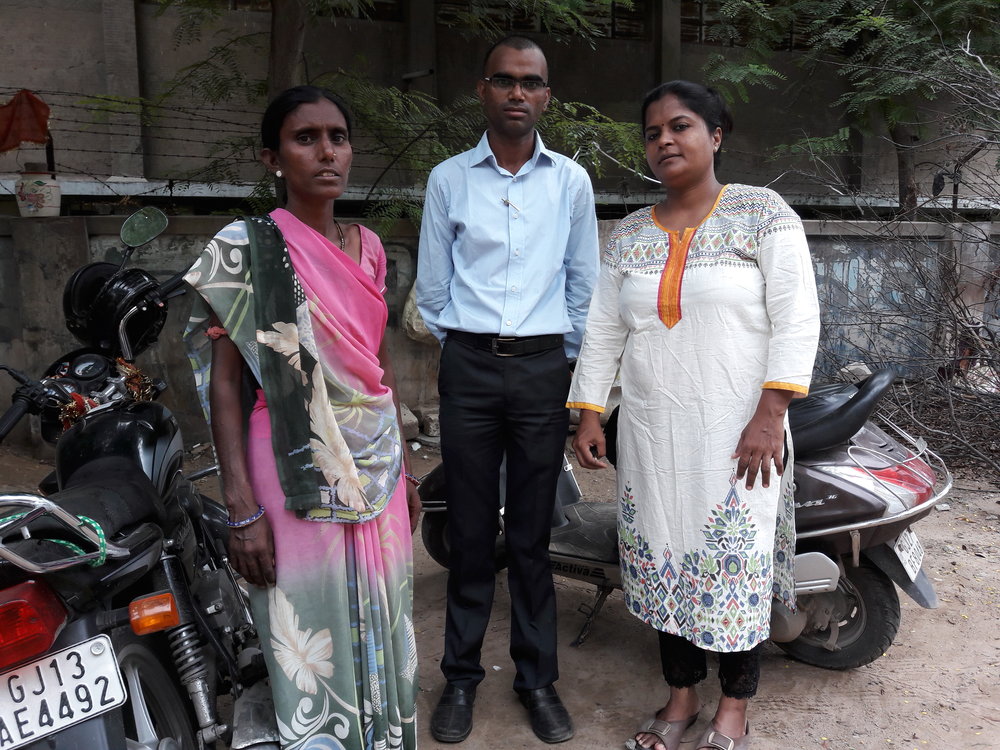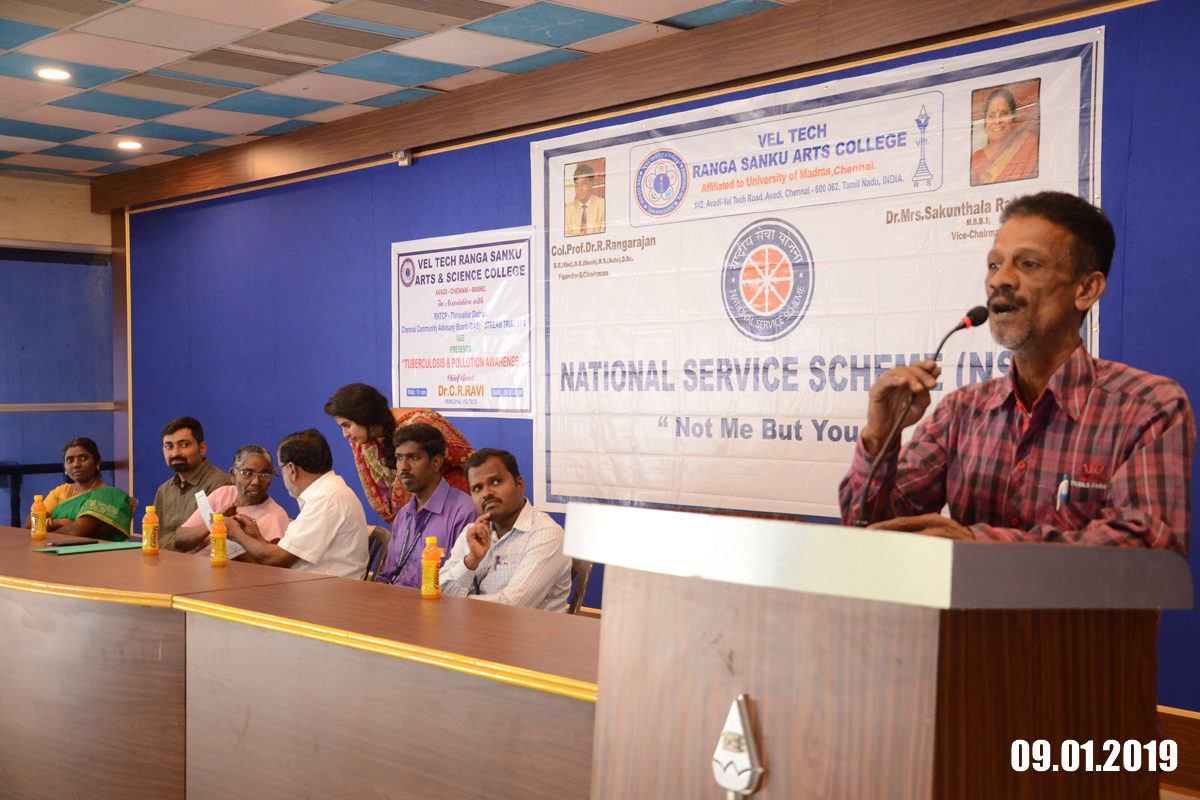India continues to have the highest TB burden in the world and is included in all three high-burden country lists for TB, TB/HIV, and MDR-TB. In 2019, the estimated incidence rate for TB was 193 per 100,000 population and the mortality rate was 32 per 100,000 [1]. In 2019, 2,640,000 TB cases were notified. It is also estimated that 2.8% of new cases and 14% of previously treated cases were MDR/RR-TB.
Three sites are implementing STREAM Stage 2 in India.
The National Institute for Research in Tuberculosis (NIRT) under the Indian Council of Medical Research (ICMR) is an internationally recognized institution for TB research. It is also a Supranational Reference Laboratory for the South East Asia region and a WHO Collaborating Centre for TB Research and Training. NIRT, formerly known as the TB Chemotherapy Centre and then TB Research Centre, was established in Chennai (then Madras) in 1956 under the leadership of Dr. Wallace Fox from the UK Medical Research Council (formerly known as British Medical Research Council) and is acclaimed globally for conducting the first controlled clinical trial in TB, the “Madras Study”. As of November 2017, NIRT had undertaken nearly 35 randomized controlled clinical trials for treatment of both pulmonary and extra-pulmonary TB.
The BJMC Civil Hospital in Ahmedabad was established as The Civil Hospital in 1841 in the state of Gujarat. In 1953, the hospital was relocated to its current premises in Asarwa and renamed as the New Civil Hospital, which currently has 44 wards with more than 2000 beds and serves over 100,000 inpatients annually in addition to nearly one million outpatients. The hospital launched the first Revised National TB Control Programme in India in 1993 and the implemented the pioneer Programmatic Management of Drug-Resistant TB (PMDT) program in 2007. It is one of the largest hospitals in Asia and is also a teaching institute affiliated with BJ Medical College. The State TB Demonstration Centre that is housed in the BJMC Civil Hospital Campus was the first to receive accreditation as a state level Intermediate Reference Laboratory and first to be established as a national level training center for PMDT in 2008. It was also the first state-level laboratory to receive accreditation to perform second-line drug susceptibility testing in 2013.
Rajan Babu Institute for Pulmonary Medicine and Tuberculosis (RBIPMT) based in New Delhi was the third site in India to join STREAM Stage 2. RBIPMT is one of six public health facilities in India where the National TB Programme introduced bedaquiline in 2016 under the Programmatic Management of Drug-Resistant TB through conditional access. RBIPMT has the capacity to manage complicated DR-TB patients and access necessary laboratory support for first- and second- line drug susceptibility testing (DST) as per WHO standards through its associated intermediate referral laboratory at the New Delhi TB Centre (NDTBC). NDTBC, established in 1940 and designated as a State TB Training & Demonstration Centre (STDC) and Intermediate Reference Laboratory for the Delhi State, functions as the Site Microbiology Laboratory for STREAM Stage 2.
Screening in India started in December 2017. Together, BJMC, NIRT, and RBIPMT recruited nearly 150 participants by the end of the trial.
[1] Mortality rate includes HIV-positive TB cases



